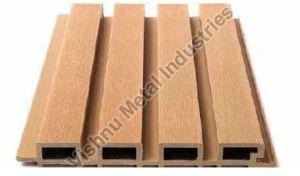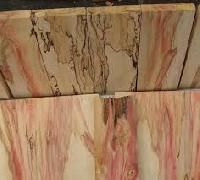
Sycamore Wood Louvers
260 - 280 Per Square Feet
100 Square Feet (MOQ)

Sycamore Wood
Get Price Quote
Best Deals from Sycamore Wood

Sycamore Wood
Get Price Quote
Sycamore Wood, Wood Boards, cherry timber, Hickory Wood, Maple Wood